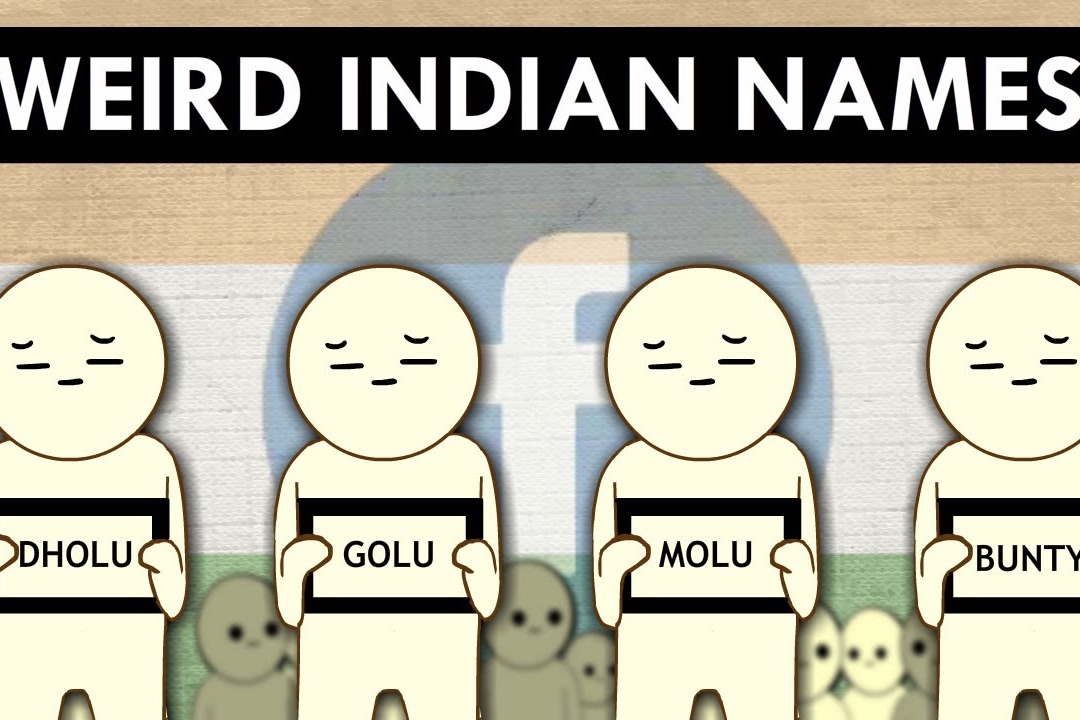
Name Calling
Dr Manju Gupta
First patient of the day. A delightful twenty year old Maafi, so named because she happens to be the younger of two sisters. Her parents couldn’t have been more direct with their appeal to God and it seems to have worked. She has a seventeen year old brother!
Thinly veiled abuses which double as pleas for divine intervention are common in our country. Names like Santosh hint at it, where as Bhateri and Kaafi say the same thing more strongly, that there are enough daughters. Bharpai takes this sentiment to a whole new level by implying that the bearer is a penalty for some past sin. There are some names oozing with affection like Laado, Ladli and Pyari , or claiming good fortune like Bhagwanti and Karmawali but they are outnumbered by the ‘insinuating’ critical ones.
To be fair there are also men who respond to Koodamal , Bheda Singh and Dukhiram but they are exceptionsand there names are often an attempt to ward off the evil eye, having been born after a long string of sisters. Lofty names like Judge Singh, Major Singh, Subedar and Collector which give a peek into the aspirations of parents are more common. So are names indicating desirable attributes like Bahadur Singh, Dharam Pal and Satyavan. Both types indicate a thought process, in contrast it seemsa girl child canbe named on a whim.
Can we dismiss this trend as just an insensitive, thoughtless deed of miffed parents? Should these names which bring shame be ignored as an internal family matter or should the state intervene to end this injustice? Most importantly, do such names cause more harm then just embarrassment to its bearer?
Psychologists have established a relationship between bizarre, derogatory names and negative personality traits, even mental illnesses . Names which are likely to cause other children to poke fun, are perceived as unconscious messages from the parents that the child deserves to be ridiculed hence such children have less affirmative attitudes toward themselves. Some researchers argue that the name is probably just the first of many such derogatory messages these children will receive while growing up. Then it is debatable whether the name is the cause of the child’s psychological problems in later life or whether it is only a symptom of deeper issues within the family.
Preference and preferential treatment to the male child is ingrained in the fabric of our society. So these names come as no surprise in the hinterlands of Haryana which has a sex ratio of 877 which is much lower than the national average of 940. It’s no secret that female feticide and infanticide is still practiced to escape perceived difficulties in raising girls in a predominantly male-dominated society. Some may dismiss these cruel practices to be the domain of the uneducated, orthodox, village people who have not yet realised the worth of a daughter, but here in lies the paradox. The 2011 census revealed that the sex ratio is lower in the educated, urban class who opt for a small family size than in rural areas. Chandigarh, the city beautiful, figures at a shameful 773. So it seems that while rural folk mark their disapproval on a daughter’s birth, curse destiny and get on with life, the city slickers prefer to nip the ‘evil’ in the bud!
In a recent survey conducted by the Health Department, Maharashtra, 222 girls were found named Nakoshi (unwanted) in just one district. There names were changed to more desirable ones in a public function, saving them from being constantly reminded of their unwanted status. Such a drive was started by NGOs in Haryana too. However, it’s not easy to change the name of girls whose embarrassments has been recorded in the government birth registers. In such cases only an addition can be made to the existing name so at best Anchaahi will become Anchaahi alias Chaahti. Talking of contradictions!!
So, whats in a name, quite a lot it seems. It reflects the bias women face in our patriarchal society. Each call is a cruel reminder of their tragic fate, of uncountable prejudiced traditions, redundant customs, practice of dowry, child marriages, illiteracy, physical and mental violence, all of which sow the seeds of a lifetime of despondency. No wonder parents, even mothers, are wary of daughters.
When I asked Maafi if she was irked by her humiliating name, she said she was just grateful that her parents had not killed her in the womb. As I silently hoped that her strife had ended with her name, she seemed to be content with her fate. Going through life with an apology of a name is better than not being born at all!
(published in my column in the Tribune on 16/7/2017)
.